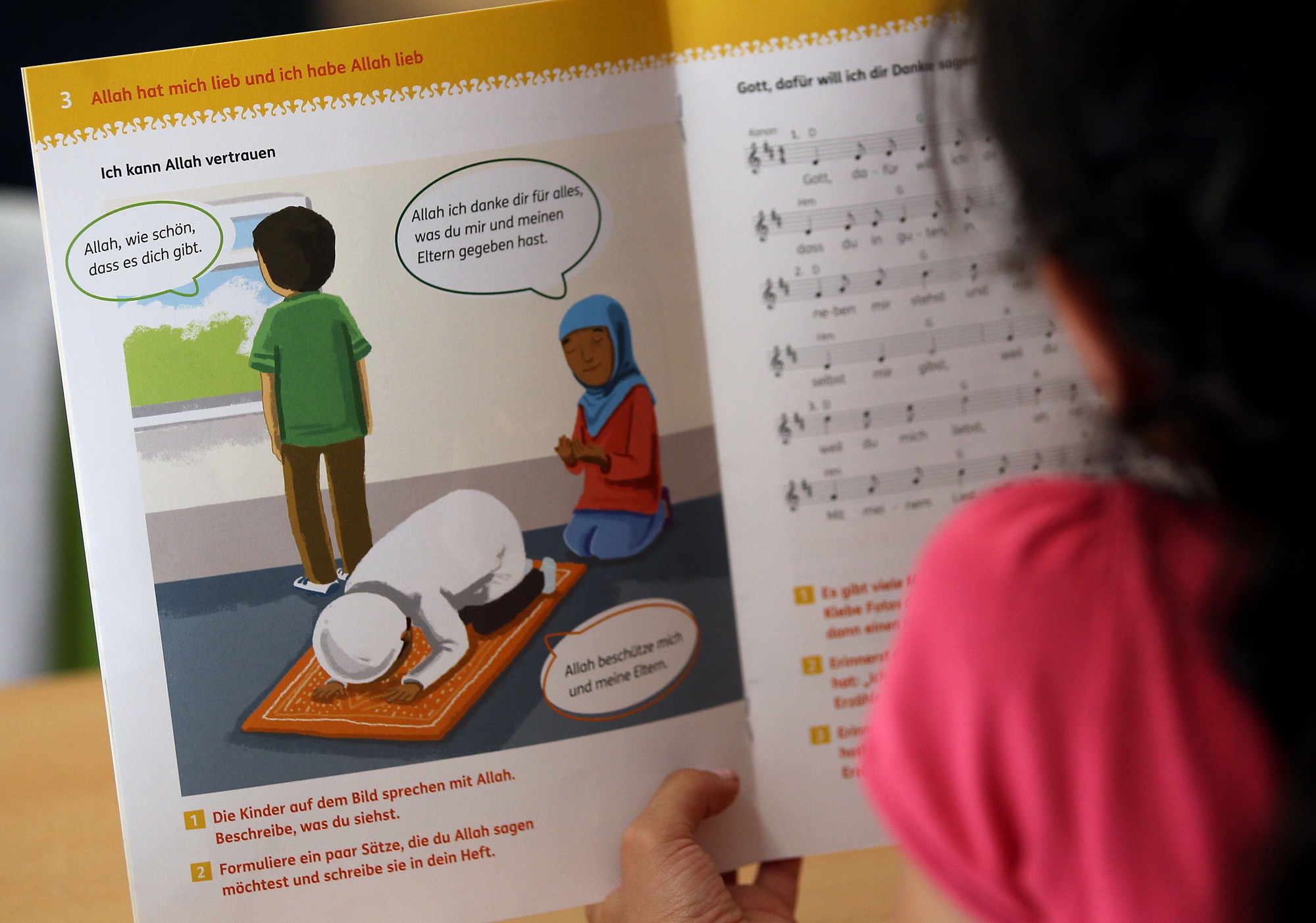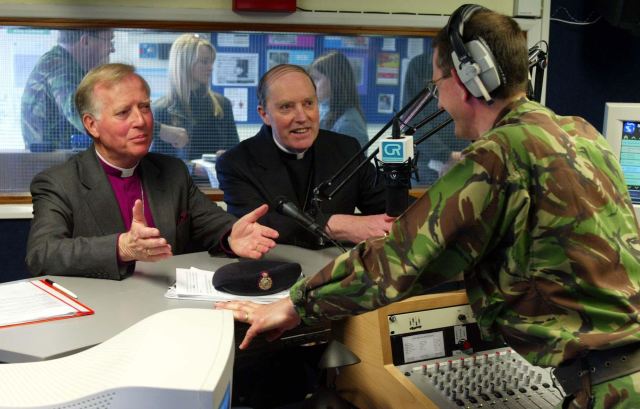Credit: Andrew Parsons/PA Archive/PA Images

This is the fifth in a series of articles looking at people, places, institutions or subject areas that the news media does not serve well. Once the series is complete, we’ll be polling UnHerd subscribers – asking which UnHerd author they most agree with.
Among the many things that I find irritating about the way religious people are represented by the media, one of the most difficult to explain why is the casual use of the word “very”. Some people are religious. Other people are “very religious”. “You are very religious, would that be fair to say?” asked Sarah Montague of a guest on the Today programme last Saturday. I cannot imagine many people feeling comfortable describing themselves this way. But, in the media, people who are religious are rarely allowed to be simply that.
And when we are described this way, there is sometimes also an accompanying change of tone. Perhaps a deepening of the voice, a cod attempt at gravitas. And it seems churlish to point this out because it is usually an attempt at respect. But there is a peculiar sort of nervousness about it. A lack of confidence, typical of the media’s dealings with religion. Like a teenager going in for their first kiss.
The preference for this intensifying adjective may seem a small thing, but it strikes me as indicative of a failure to appreciate the sheer everydayness of living as a person of faith. The presence of “very” pushes the life of faith into the realms of the strange or the unusual, when for most of us being religious is just the name of how we get on with things. It is as “very” as going to Tesco or doing the washing up.
“Very” also has a whiff of the extremist about it, as though being fully religious were actually to be slightly unhinged. And so, when religious people don’t actually do things that are very … er … “very”, they do like to tap the glass to try and make us jump about a bit more. To be interesting, religion has to be exotic, different (or dangerous).
To be fair, this approach has been engrained into us by the sort of colouring-in approach to religion that you can get in many primary schools. Here religion becomes all about exotic costumes and strange liturgical objects that children are invited to learn about not by understanding that these things are normal parts of ordinary lives, but by colouring them in with fancy pencils. After all, what else is there to do with them? Like anthropologists of the early 20th century coming across an unknown tribe, the children of our primary schools shade in their images of phylacteries or chasubles as though they were some curious or amusing discovery, fit for a museum. And some of these children grow up to be journalists.

I suppose my complaint is really all about the dynamics of othering, about the subtle nods and winks that the (western) media – and education system – gives off about what is normal and what is not. And “very religious” has become another one of those signals that religion is all a bit odd and out of place. Cue sentences that begin “I cannot understand how, in the 21st century …..” And once this othering has been established, then religion becomes a Rorschach blot onto which all manner of peculiarities can be projected.
In saying all of this, I am, of course, confirming yet another stereotype about people who are “religious” – that we are all tetchy and easily offended. I mean, who complains about the use of the word “very” for heaven’s sake?
I can also imagine the reply that this complaint is a bit rich given how religion itself has been a master of othering throughout its history. And we are now getting back a bit of our own medicine. That’s fair comment, of course. For now that the dominant discourse is being established by a secular imagination, the subtle grammar of othering places us outside the ring of normality, just as we have done that to others for centuries.
Over many years working in the media I am often sidled up to by people who work within the industry, at parties, over lunch, with a whispered, secret confession: that they too are “religious”, that they attend some place of worship, that they say their prayers. Out of work, this is their normal, their everyday. For many of us, this is how the world looks. God is an ordinary part of the fabric of our lives. But at work this is seen as a bit odd.
This much I have learned about working in the media. Deep down it is a deeply, deeply conservative place. I don’t mean politically – though there is that too. I mean that it feels quietly confident that it has a monopoly on what counts as established reality. In many ways, the media has so many of the characteristics of a conservative church. The media is the all seeing, all judging arbiter of reality. It decides what counts as true. It preaches about good and evil. It establishes who is in and who is out, separating the sheep and the goats. And it often has a terrible lack of self-critical self-awareness about the way it operates and the power it wields.
The preacher in me would say something like this: it is Babylon, brothers and sisters. An empire of claimed truth, demanding adherence and total compliance. But this too will pass. All empires will fall. Only God lasts forever… Well, I know, I know. That’s probably a bit too much for a space like this. But I am very religious, remember.










Join the discussion
Join like minded readers that support our journalism by becoming a paid subscriber
To join the discussion in the comments, become a paid subscriber.
Join like minded readers that support our journalism, read unlimited articles and enjoy other subscriber-only benefits.
Subscribe